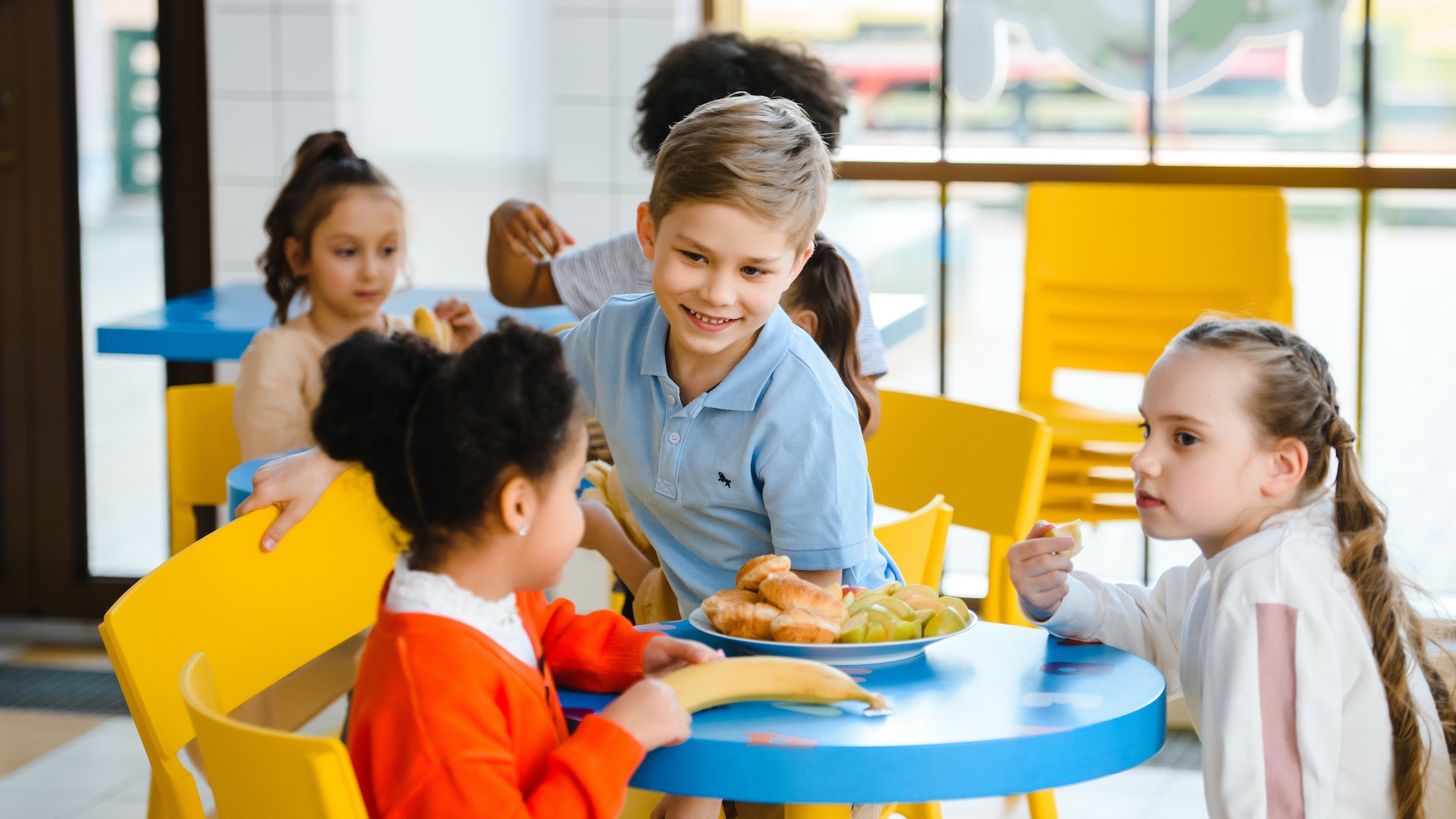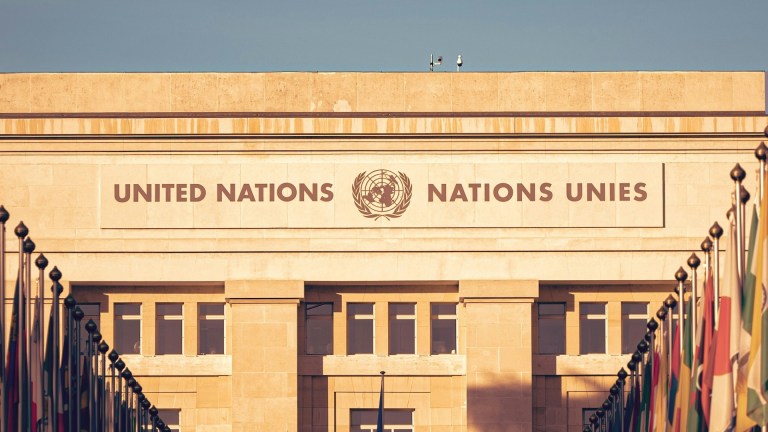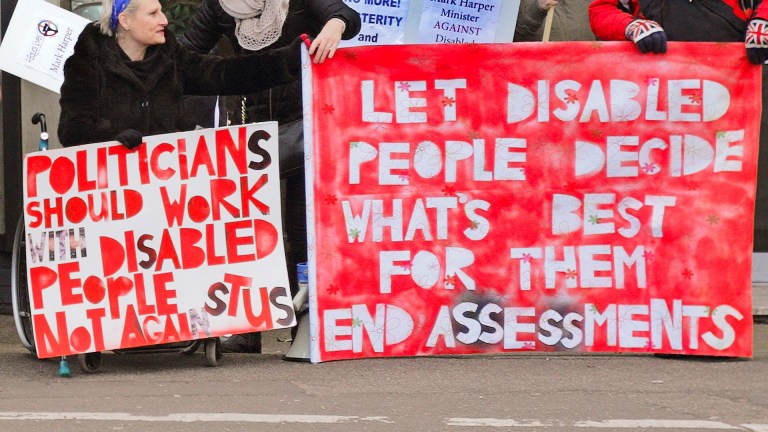Increasing the funding rate in line with inflation to £2.87 would cost an extra £250 million a year. That rises to £300 million when extra funding for devolved nations is included.
“High levels of food insecurity among families on universal credit mean that policymakers such as the Mayor of London are once again consulting the policy menu for options to expand free school meals.”
London’s mayor Sadiq Khan has confirmed free meals will be provided in all primary schools across London for the 2023/2024 academic year. It is a £130 million scheme and will fund free meals for 270,000 children who do not already receive them.
Anna Taylor, executive director of the Food Foundation, said it was a “monumental step forward” but there are hundreds of thousands of children living in poverty outside the capital who don’t qualify for free lunches.
The foundation has calculated there are 800,000 children living in poverty who are not eligible for free school meals (based on the government’s Households Below Average Income statistics). It called for an expansion to the free school meals scheme to all of these children in a campaign backed by celebrities including Jamie Oliver, Tom Kerridge and Zayn Malik.
Labour MP Zarah Sultana has gone further and called on the government to provide meals to every child in primary school. She said this “would ease the pressure for every family, and help ensure every child has the basics to learn, grow and thrive”.
This is soon to be the case in Scotland, where free meals are currently available to all children in primaries one to five. It has committed to a phased approach to expanding universal free school meals to all children in primary school. Wales has also pledged to roll out free meals to all primary-age children by 2024.
But the experts at the IFS warn this has costs. Extending free school meals to all primary state school pupils in England would cost an additional £1 billion a year in the longer term.
Offering free school meals to all primary and secondary pupils (up to Year 11) would cost an extra £2.5 billion a year. This would be enough to fund a 10 per cent pay rise for teachers, roughly.
Significant expansions in eligibility could also require the government to fund improvements to school kitchens and dining areas.
Andrew McKendrick, research economist at IFS, said: “Universalising free school meals would affect children across the income distribution and might have wider benefits for health and educational outcomes, but it would also significantly increase existing spending.”
Your support changes lives. Find out how you can help us help more people by signing up for a subscription
If the government were to expand free school meals to all children in primary and secondary school whose families claim universal credit, that would also cost about £1 billion a year in the longer term, a 70 per cent increase in spending on free school meals.
So what are the lower-cost options? The National Food Strategy has proposed the income cap is raised to £20,000 a year, which would bring about 900,000 children into eligibility. This would be a less expensive reform, costing around £425 million a year and would mean that around two-thirds of children whose families get universal credit also get means-tested free school meals.
But McKendrick added: “Expanding eligibility – for example, to include more families on universal credit – would focus more of the additional spending on low-income families, but still would not directly benefit the very poorest children, who are already entitled to free lunches.”
Campaigners will continue to push for free school meals, with the Food Foundation finding that the expansion of free school meals – while costly – would generate billions of pounds for the economy. It has found that for every £1 invested, £1.38 would be returned, through social, health and educational benefits.
“Many children excluded from free school meals are forced to skip lunch or rely on cheap, unhealthy food that damages their long-term health,” Taylor said. “If it continues to go unchecked, our child obesity epidemic will place a greater burden on our NHS and block our economic development. Conversely, a well-nourished child will lead a fuller, happier and more prosperous life.”
Get the latest news and insight into how the Big Issue magazine is made by signing up for the Inside Big Issue newsletter
Do you have a story to tell or opinions to share about this topic? We want to hear from you. And we want to share your views with more people. Get in touch and tell us more.
The Big Issue’s #BigFutures campaign is calling for investment in decent and affordable housing, ending the low wage economy, and millions of green jobs. The last 10 years of austerity and cuts to public services have failed to deliver better living standards for people in this country. Sign the open letter and demand a better future.









